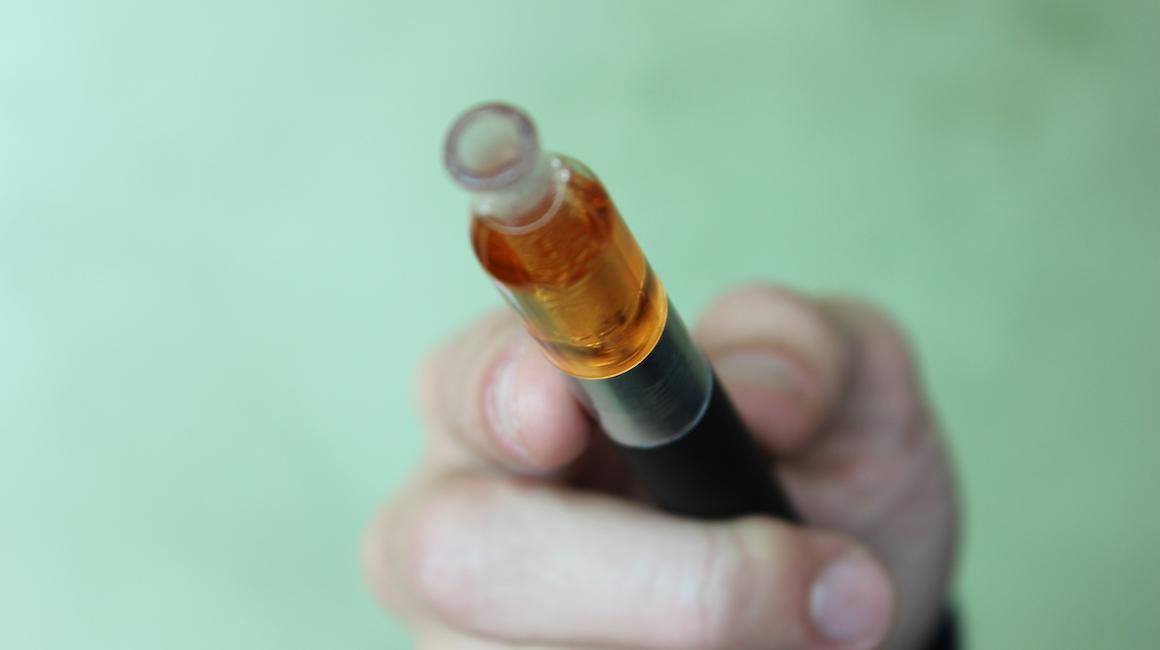Researchers will be working with teenagers to explore how adolescents learn about vaping and the role of social media in spreading misinformation about it.
The collaboration between Duquesne University and the University of Pittsburgh will focus on children ages 13-17 and especially racial, ethnic and sexual and gender minority youths, who are often the target of vaping marketing promotions. More than 2 million middle and high school students used e-cigarettes in 2021, according to the National Youth Tobacco Survey.
The five-year study, which is funded through the National Institute on Minority Health and Health Disparities, aims to learn more about how teens are exposed to misinformation on social media about vaping and the influence these exposures may have on susceptibility to use. Additionally, the research will develop health communication messages to counteract misinformation.
“Vape marketing tends to target vulnerable populations,” said Ariel Shensa, assistant professor of health administration and public health at Duquesne. “The vape’s sleek design, it’s easy to hide in a pocket and the flavors – cotton candy, crème brulee – have been created to attract young consumers.”
While vape manufacturers have claimed vaping works as a smoking cessation tool, Shensa notes one alarming trend is that an increasing number of teens who had never smoked cigarettes are turning to vaping products.
The nicotine in vaping products can lead to many health problems, including respiratory issues, such as asthma and lung disease. Nicotine is highly addictive and may also lead to tobacco use later in life.
Another example of vaping misinformation is that vape makers claim their products help consumers relax, but that nicotine is actually a stimulant, she added.
“What we have learned is that people are not aware of vaping’s health effects,” Shensa said. “There is a need to counteract misinformation and address attitudes and perceptions around vaping, which is difficult, especially with teenagers.”
One solution is to educate teens on vaping’s dangers, she added.
“Teenagers don’t like to be tricked,” she said. “We need to help increase their media literacy – help them become more critical consumers of the information they see on social media and deconstruct the images used by marketers.”
Despite all this, Shensa notes that there is still a vocal pro-vaping community that opposes any restrictions on vaping products.
“E-cigarettes don’t have the same stigma as cigarettes, as they don’t necessarily smell bad,” she said. “That made e-cigarettes more acceptable, even though they are harmful, especially for teens.”
Duquesne University
Founded in 1878, Duquesne is consistently ranked among the nation's top Catholic universities
for its award-winning faculty and horizon-expanding education. A campus of nearly
8,200 graduate and undergraduate students, Duquesne prepares students by having them
work alongside faculty to discover and reach their goals. The University's academic
programs, community service and commitment to equity and opportunity in the Pittsburgh
region have earned national acclaim.
It's time for bigger goals. Follow Duquesne University on Facebook, X (formerly Twitter), Instagram and LinkedIn.
www.duq.edu
News Information
Topics
Published
July 13, 2023


